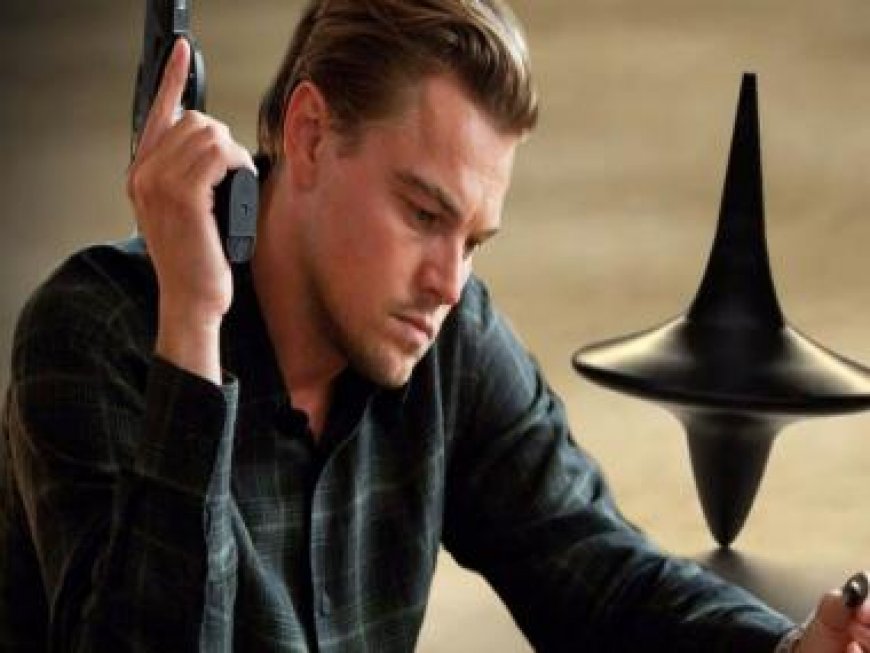Reel To Real: Scientists recreate Nolan's ‘Inception’ concept, implant fake memories using deepfakes
Reel To Real: Scientists recreate Nolan's ‘Inception’ concept, implant fake memories using deepfakes

Remember Christopher Nolan’s Inception? Remember the entire bit of influencing someone in their dreams using a false narrative to a point where they believe that to be the reality? Well, a team of researchers and scientists have managed to do that, without having to deal with someone going to sleep or hack into their dreams
Researchers have discovered that false memories can be implanted by showing individuals deepfaked clips of movie remakes that were never actually made. These deepfaked clips were convincing enough to trick participants into believing they were real, with some even ranking the non-existent movies as better than the actual originals.
All were presented as if they were real and participants were asked if they had seen it and to rate how it compared to the original. pic.twitter.com/MYxzAJnrDy
— Gillian Murphy (@gillysmurf) July 13, 2023
The study, published in the journal PLOS One, had an interesting caveat. While the deepfakes were effective at distorting memory, they were no more effective than simple text descriptions in achieving this. In other words, deepfakes are not the sole factor in tricking someone into accepting a false memory.
Lead study author Gillian Murphy, a misinformation researcher at University College Cork in Ireland, emphasized that we shouldn’t immediately jump to dystopian conclusions about emerging technologies. “Yes there are very real harms posed by deep fakes, but we should always gather evidence for those harms in the first instance, before rushing to solve problems we’ve just assumed might exist,” he said.
The researchers showed deepfaked videos to 436 participants, featuring well-known actors like Brad Pitt in The Shining and Charlize Theron in Captain Marvel.
The results showed that an average of 49 per cent of participants were fooled by the deepfakes, with 41 per cent of this group claiming that the Captain Marvel remake was better.
However, it is reassuring to know that a simple text description of the deepfake had the same level of convincing power as the actual video clips. This suggests that deepfakes are not uniquely powerful in distorting recollections of reality compared to other forms of misinformation.
“Our findings are not especially concerning, as they don’t suggest any uniquely powerful threat of deepfakes over and above existing forms of misinformation,” Murphy told The Daily Beast.
To protect ourselves from the impact of deepfakes, promoting technological literacy among people to help them differentiate between deepfaked and real media could be a valuable strategy. Being aware of the existence and potential influence of deepfakes can help individuals critically assess information they come across and make more informed judgments.
What's Your Reaction?



























































